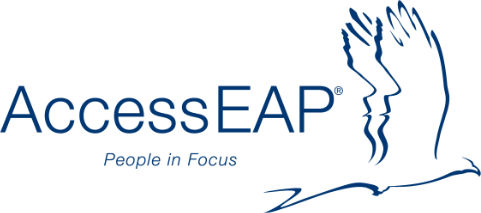Here are a few tips to promote self-acceptance, resilience, and psychological flexibility:
- Stop the comparisons!
When we take the time to stop and appreciate the people around us, and all the things we have already achieved, we open ourselves up to experiencing something wonderful. All too often, this wonder can be rapidly eroded when we compare ourselves to others who appear to be richer, stronger, faster, and more beautiful (and the list goes on and on and on). So stop comparing! There will always be people who appear to have more “things” than we do. Constantly trying to catch up to them prevents us from living our own life to its fullest.
- Commit to seeing life in a positive way.
Focusing on developing an optimistic outlook not only helps to elevate mood by changing the way we feel – for the better - but when practiced often, cultivating an optimistic outlook protects against problems such as depression, anxiety and stress. Thinking optimistically is a skill that can be learned, and this type of thinking helps to improve our experience of happiness.
- Move that body.
The link between our mind and body is clear. When we exercise regularly the benefits become obvious, though please remember, training like an elite athlete is not required! To get the benefit that exercise brings we need to find what suits our lifestyle and daily routine. Walking, swimming and yoga are great when it comes to relieving stress.
- Laugh in the face of stress.
Stress is inevitable in today’s world and happiness does not mean we eliminate stress in our lives – in fact, some stress is actually beneficial. Firstly, we need to take an inventory and identify the things that make us stress out. Then, we need to make plans which allow us to neutralise the impact of this stress. Some ideas to manage stress include:


